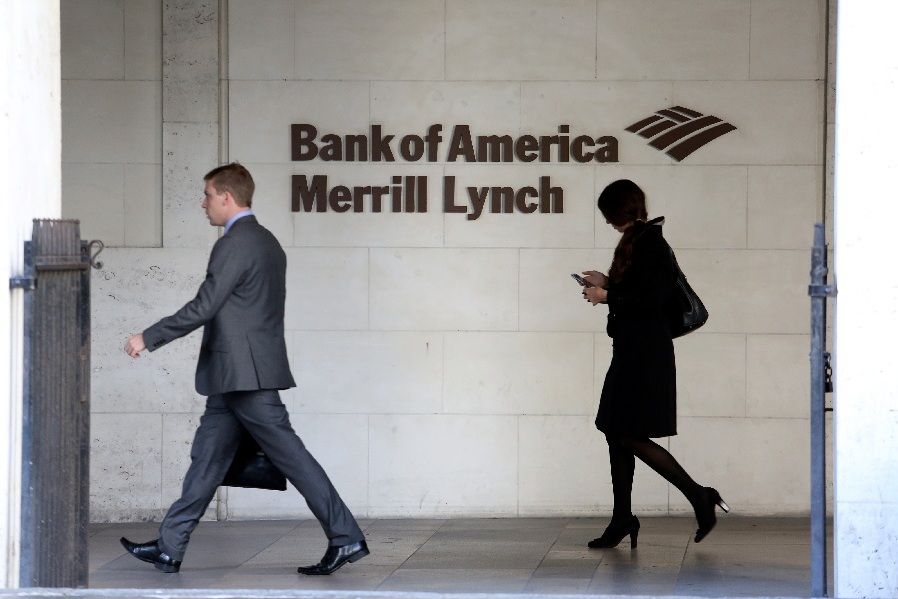Recognizing the trend toward lower trading fees, Bank of America has made that final step in a steady migration to commission-free trades on its Merrill Edge Self-Directed platform.
Less than two months after expanding free-trading access for certain clients using the mobile and online platform, BofA announced Monday morning that the platform is expanding unlimited commission-free online stock, ETF and option trading to all Merrill Edge investors.
The move is the latest in a
string of commission cuts across the financial services industry that was
triggered two months ago by Charles Schwab Corp., which cut most online brokerage trading fees to zero.
That move was
quickly followed by near identical fee cuts by ETrade Financial Corp., TD Ameritrade Holding Corp., and
Fidelity Investments.
"With free trades now an industry standard, attracting clients and building lifelong relationships will depend even more on the value investment firms bring to the table," said Aron Levine, head of consumer banking and investments at Bank of America.
Until now, commission-free trading made up about 87% of transactions on the platform. The change will eliminate trading commissions for 100% of stock, ETF, and options trades on the platform.
Merrill Edge is a digital brokerage platform that offers access to financial advisers if that is what the customer desires.
The platform, which was
created in 2010 through the combination of two legacy programs, has grown from $45 billion to more than $225 billion.
The
latest change follows the
bank's Oct. 21 announcement that it was expanding its free online trading to clients with a Bank of America checking account and at least $20,000 in cash or securities who are part of its preferred rewards program.
Commission-free trading for the bank's top-tier rewards program has been available in some form since 2006, but until January those banking customers had to have at least $50,000 in banking or investment accounts.
[Recommended video: Ed Slott: Make sure your small business clients consider this before they convert IRAs to Roths]
That
asset limit was lowered in January to offer bank customers with at least $20,000 in their accounts up to 10 free trades per month.
The bank's latest commission-cuts follow last week's announcement by LPL Financial that it is eliminating the $9 ticket charge for ETF transactions on some of the platforms available to its 16,000 financial advisers.
"Commission are dying and almost dead," said Dennis Nolte, vice president of Seacoast Investment Services.
"The market is speaking, as it always does," he said. "Advice paid via fees is the way of the future world, and it's accelerating quickly. Wonderful news for consumers."
Brett Koeppel, president of Eudaimonia Wealth, agrees that the elimination of commissions is good for consumers, but believes the trend is also good for financial advisers.
"Doing investments is just one piece of the overall plan," he said. "Free trading will further drive our role and value as providers of holistic financial planning."







